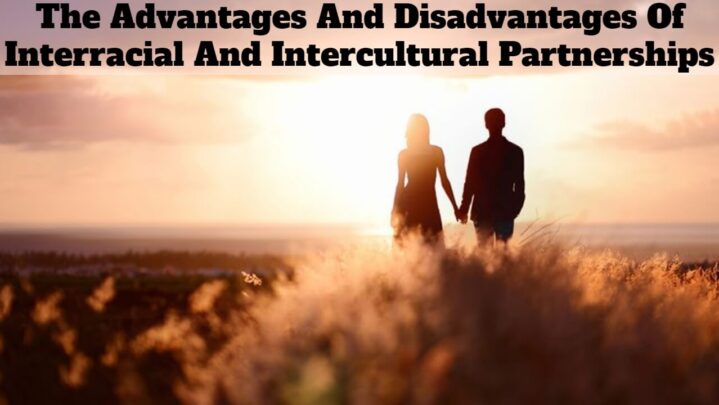One of the primary benefits of interracial and intercultural relationships is the ability to learn about and experience diverse cultures and views. This may widen one’s awareness and respect for variety, as well as lead to personal growth and development.
Another advantage is that interracial and multicultural relationships may challenge and break down assumptions and biases. Individuals who are in a relationship with someone from a different background might realize that people from diverse backgrounds are not so different after all, and that love knows no bounds.
However, there are some downsides to consider. One drawback is that persons in interracial and intercultural relationships may suffer societal prejudice and discrimination. This might involve prejudice from family members, friends, or even strangers.
Another possible downside is that cultural differences and misunderstandings may arise, resulting in disputes and obstacles within the partnership. Individuals in these collaborations must be open-minded, patient, and eager to learn and comprehend each other’s points of view.
Couples may also confront language barriers and communication challenges, which can stymie the development of a strong and healthy relationship.
Overall, while interracial and multicultural marriages can present unique problems, the rewards of learning, growing, and defying preconceptions and prejudices can exceed the difficulties. Individuals in these partnerships must be open-minded, patient, and eager to learn from one another in order for the connection to be effective.
Also Read: Civil Society And Grassroots Movements’ Roles In Promoting Peace





